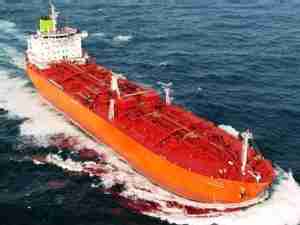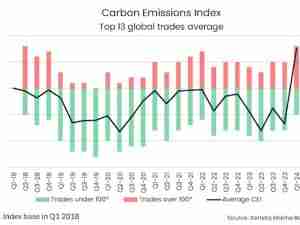From 1st January 2020, a new regulation will come into force to reduce air pollution from ships globally. Whereas today ships can use fuel with up to 3.5% sulphur content (outside Emission Control Areas), the new global sulphur cap will be 0.5%.
The regulation has been developed and adopted by the International Maritime Organisation (IMO), which is a specialized agency under the United Nations (UN). It will reduce sulphur pollution from shipping by more than 80%, and therefore have a very significant positive impact on the environment and human health.
Maersk Line fully supports the regulation, and our preparations to ensure compliance are well underway. The cost of compliance with the new regulation will be significant, so the cost of shipping will increase. It is also expected that the volatility of fuel costs for shipping will increase as the regulation enters into effect. In order to allow customers to predict, plan and track how changes in fuel price will impact total shipping freight rate, Maersk Line will introduce a simple and predictive Bunker Adjustment Factor (BAF). The new BAF will replace the existing Standard Bunker Factor (SBF) and allow customers to simulate and calculate the BAF tariff at any fuel price for a given trade route.
The BAF tariff is designed to recover fuel related costs, and it will be charged separately from the basic ocean freight as the fuel cost is a very significant and volatile part of shipping costs.
The BAF consists of a trade factor and the fuel price:
Fuel price x Trade factor = BAF
The fuel price is calculated as the average fuel price in key bunkering ports around the world, whereas the trade factor reflects the average fuel consumption on a given trade as a result of variables like transit time, fuel efficiency and trade imbalance.
Refer to the table below for examples only of the expected trade-specific BAF tariffs at different fuel prices. Maersk Line has also included more details on the new BAF in the Q&A below. You will be advised by Mearsk Line of the actual BAF tariffs, which will be reviewed on a quarterly basis.
EXAMPLES only of BAF tariffs (USD/FFE) for standard (dry) containers at different fuel prices (USD/ton), for selected trades

Questions & Answers on the new BAF











